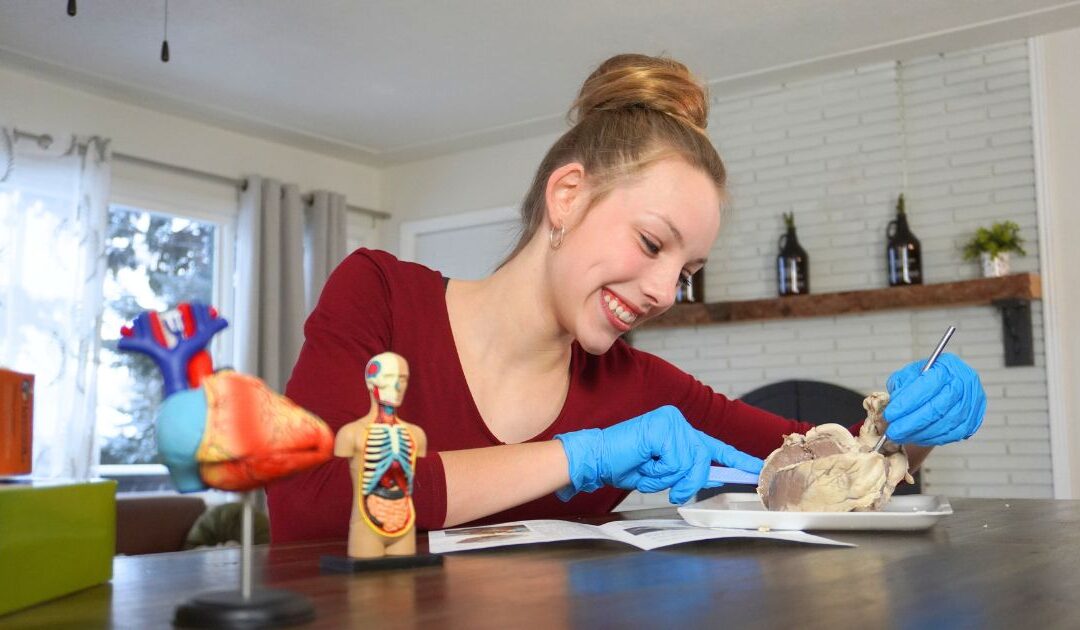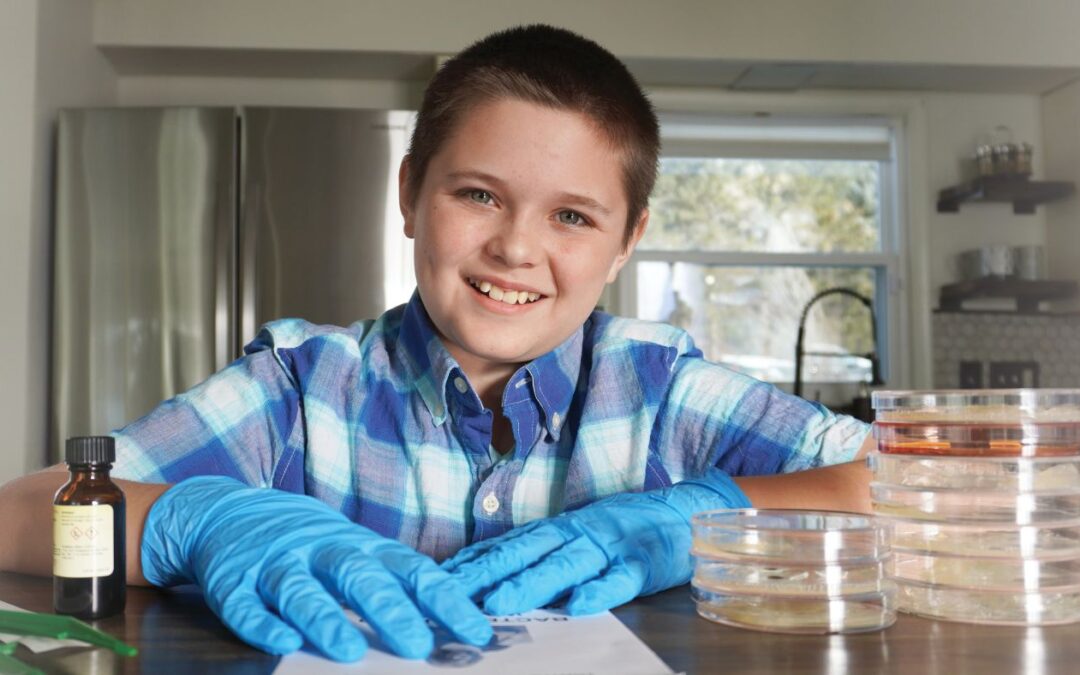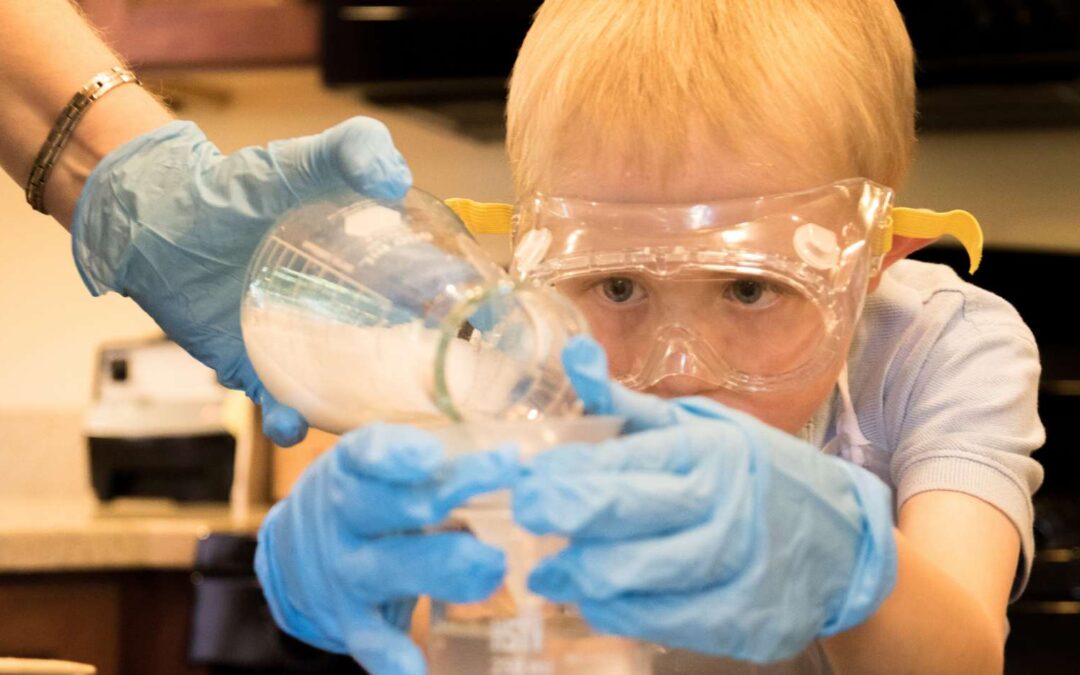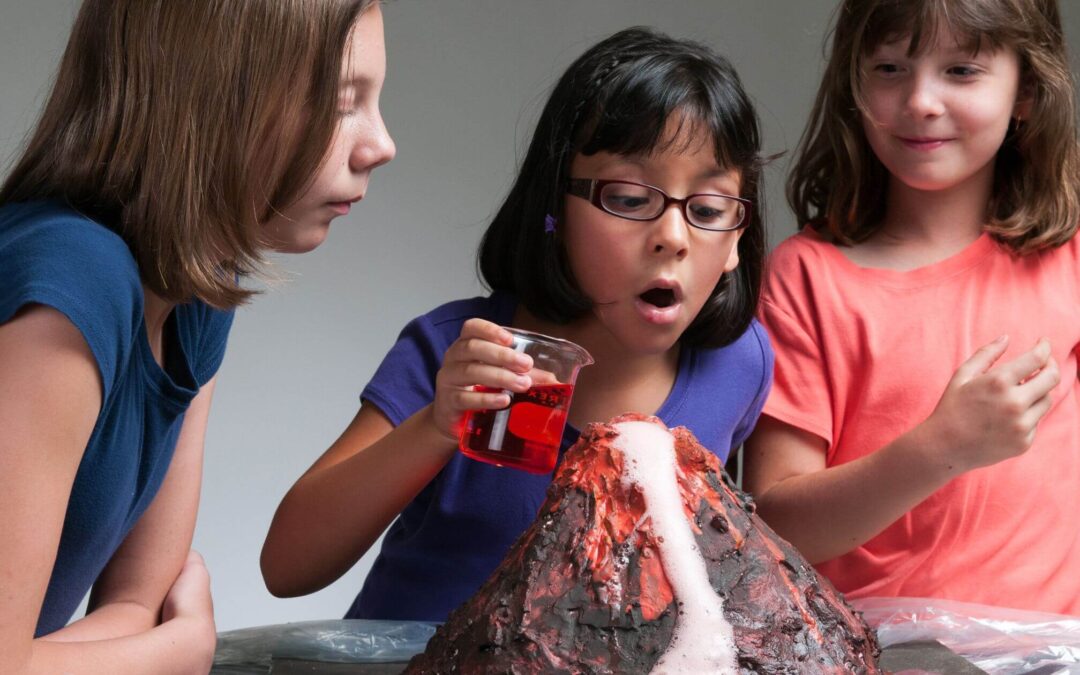Have Fun Teaching Your Preschooler Science
Science at the preschool age brings as much delight to the teacher as it does to the child. This is the age of discovery! The amazing curiosity of a child is the springboard for learning, and can lead to a life time love for science. Hands-on experiences and books with lots of pictures are the only tools you need to teach preschool science.
Hands-on Experiences
Science Activities: Give them plenty of opportunities to explore.
- Go on nature walks to look at or collect rocks and leaves.
- Try easy kitchen chemistry projects, like vinegar and baking soda volcanoes.
- Give them hands-on experiences such as playing with slime, sand and snow (real or homemade).
Learning Tools: Let your little ones spend hours playing with magnets (especially magnetic marbles and a magnet wand). Or, allow them to see more details of the treasures they find with a sturdy magnifying glass (the 2″ magnifying glass is the perfect size for small hands). There are so many hands-on activities you can do with these products. You’ll get years of use from them!
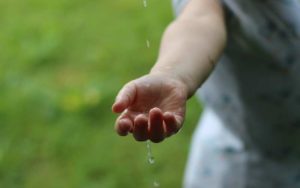 Senses: Preschool science involves all the senses, but especially touch. Focus on sensory science activities inside or outside. Don’t be afraid to make a mess!
Senses: Preschool science involves all the senses, but especially touch. Focus on sensory science activities inside or outside. Don’t be afraid to make a mess!
Science Notebook: This is a place for the preschooler to draw what they see. They can also do activities such as leaf rubbings. Help them to record the results of an experiment through pictures and a few words.
Collections: Preschoolers find lots of “treasures”. Small things (rocks, flowers, and shells) are of infinite interest to the preschool mind. Provide containers such as a shoe box or egg carton to help little ones categorize the nature objects that they collect. Encourage investigation and discovery using a magnifying glass. Help students identify what they have found using a field guide.
Science Lessons for Preschoolers: Browse our science lesson and activity ideas! We have over 50 science projects for PreK-4 students.
Reading Out Loud to Your Preschooler
Subjects: Preschoolers love nature, especially baby animals and plants that grow in their world. They also are beginning to understand the seasons and weather. Spend time reading about what your preschool students are most interested in. If they love animals, read lots of books about animals.
Picture Books: Look for books written for preschoolers with lots of colorful pictures. For science titles, check out DK Publishing, Usborne Books, or National Geographic. Many other books for this age have built in science themes. Look for titles by Eric Carle to learn about animals and insects. Look for titles by Lois Ehlert to learn about plants and nature. I am a Bunny, by Richard Scarry is a fun story about seasons.
 Visit Your Local Library: Use the resources available in your area to check out new books weekly, visit for story hour, or even find a preschool play group. Libraries are a wonderful place to find picture books for your preschooler.
Visit Your Local Library: Use the resources available in your area to check out new books weekly, visit for story hour, or even find a preschool play group. Libraries are a wonderful place to find picture books for your preschooler.
Preschool Science Curriculum
Explore Science: Home Science Tools has developed a curriculum for kindergarten to 2nd grade, but it also includes ideas for teaching preschool. Each unit provides lessons and materials for a full month of science. Get started studying science areas like Biology, Chemistry, and Earth Science now!

